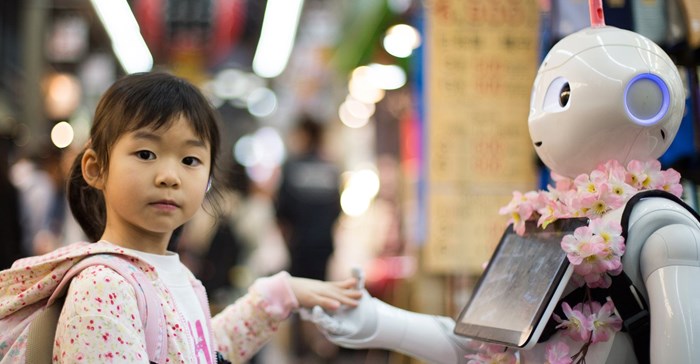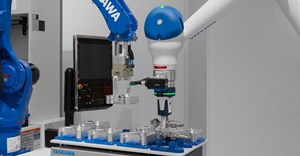Subscribe & Follow
Trending
Jobs
- Digital Acquisition Specialist Cape Town
- Freelance Social Media Manager and Designer Johannesburg
- Digital Archive Intern Cape Town
- Digital Marketing Assistant Cape Town
- Digital Communications Coordinator Cape Town
- Operations Manager - Business Development Pretoria
- Digital Marketing Intern Cape Town
- Head of Digital Johannesburg
- Sport Reporter - Rugby and Cricket Johannesburg
- Graphic/Digital Designer Johannesburg
The rise of digital marketing: Assessing the impact of AI and machine learning on advertising practices

The rise of personalisation: AI and ML as game-changers
AI and ML have revolutionised digital marketing by enabling hyper-personalisation. These technologies analyse vast amounts of data, allowing marketers to deliver tailored experiences and targeted messaging to individual consumers. By leveraging AI and ML algorithms, companies can understand customer preferences, anticipate their needs, and provide highly relevant content, resulting in improved customer satisfaction and increased conversion rates.
However, it is also very important to take into account the art of crafting messages in order to prevent alienating consumers.
Ethical considerations in AI-driven advertising
While the power of AI and ML in advertising cannot be denied, ethical concerns arise when it comes to data privacy and the potential for manipulation. Advertisers must ensure transparency, consent, and responsible use of personal data. Striking the right balance between personalisation and intrusion is crucial to maintain consumer trust and protect individual privacy.
Regulators and industry standards need to keep pace with the evolving landscape to safeguard consumer interests.
The dark side of algorithms: Bias and discrimination
As AI algorithms increasingly drive advertising decisions, there is a pressing need to address bias and discrimination. ML models can inadvertently amplify existing social biases, leading to discriminatory outcomes in ad targeting or content delivery.
Companies must prioritise diversity and inclusivity in data collection, model development, and testing to mitigate algorithmic bias and ensure fair representation across diverse audiences.
The human touch: Balancing automation and creativity
While AI and ML bring automation and efficiency to marketing processes, human creativity an intuition remain irreplaceable. The art of storytelling, emotional connections, and nuanced understanding of cultural contexts are aspects where human marketers excel. Striking the right balance between automated data-driven insights and human creativity is crucial for successful digital marketing campaigns.
Evolving role of marketers: Adaptability and continuous learning
The advent of AI and ML in digital marketing necessitates a shift in the skill set of marketers. Professionals must embrace a growth mindset and actively upskill themselves to understand and leverage AI technologies. By combining their domain expertise with AI-powered insights, marketers can navigate the evolving landscape and make informed decisions that drive business growth.
AI and ML have unleashed immense potential for marketers in the digital realm, empowering them to deliver personalised experiences and drive business outcomes. However, responsible and ethical implementation is paramount to ensure consumer trust and address the challenges of bias and discrimination. Ultimately, striking the right balance between automation and human creativity will be key in harnessing the true power of AI and ML for the benefit of both businesses and consumers in the digital marketing landscape.



















